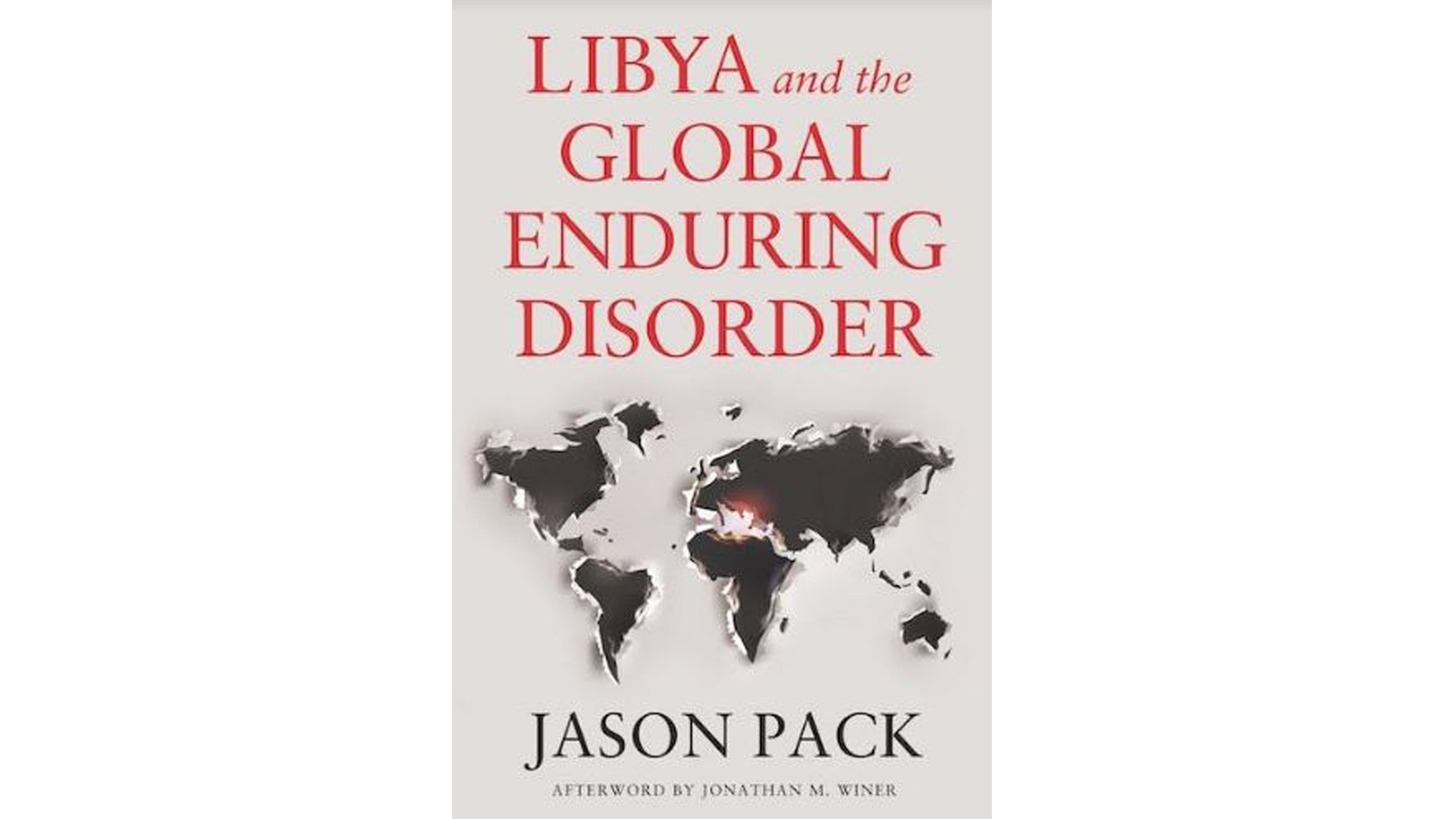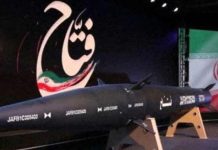James M. Dorsey
Libya stands out as an example of a complex, internecine Middle Eastern and North African conflict in which regional and global powers as well as jihadists exploit tribal and sectarian rivalries. The rivalries fuel a seemingly endless wave of chaos and violence in a part of the world that is pockmarked by ungoverned spaces.
In Libya and the Global Enduring Disorder (Oxford University Press, 2021), Libya expert Jason Pack demonstrates that this tortured and war-ravaged, oil-rich North African nation is about much more. It is about the collapse of the post-World War Two and post-Cold War international order. Furthermore. it is about the free-for-all that emerges in the vacuum as the world struggles for a new equilibrium in which one or more new powers shape a new world order with or without the United States, the dominant power for the past seven decades.
Few people are better positioned to discuss Libya. Jason brings to the book not only the lens of a historian and a Middle East analyst but also a representative of US business interests in the North African country. As a business association executive, he learns that protection of vested company interests trumps the US-Libya Business Association’s declared goal of expanding US market share by opening the country to more US companies.
Engagingly written, Jason’s book contributes to understanding Middle East volatility, the struggle to shape a new world order and its impact on the Middle East, and the often self-serving protection of vested interests by allegedly allied nations, rival bureaucracies within their national governments, and major corporations.












